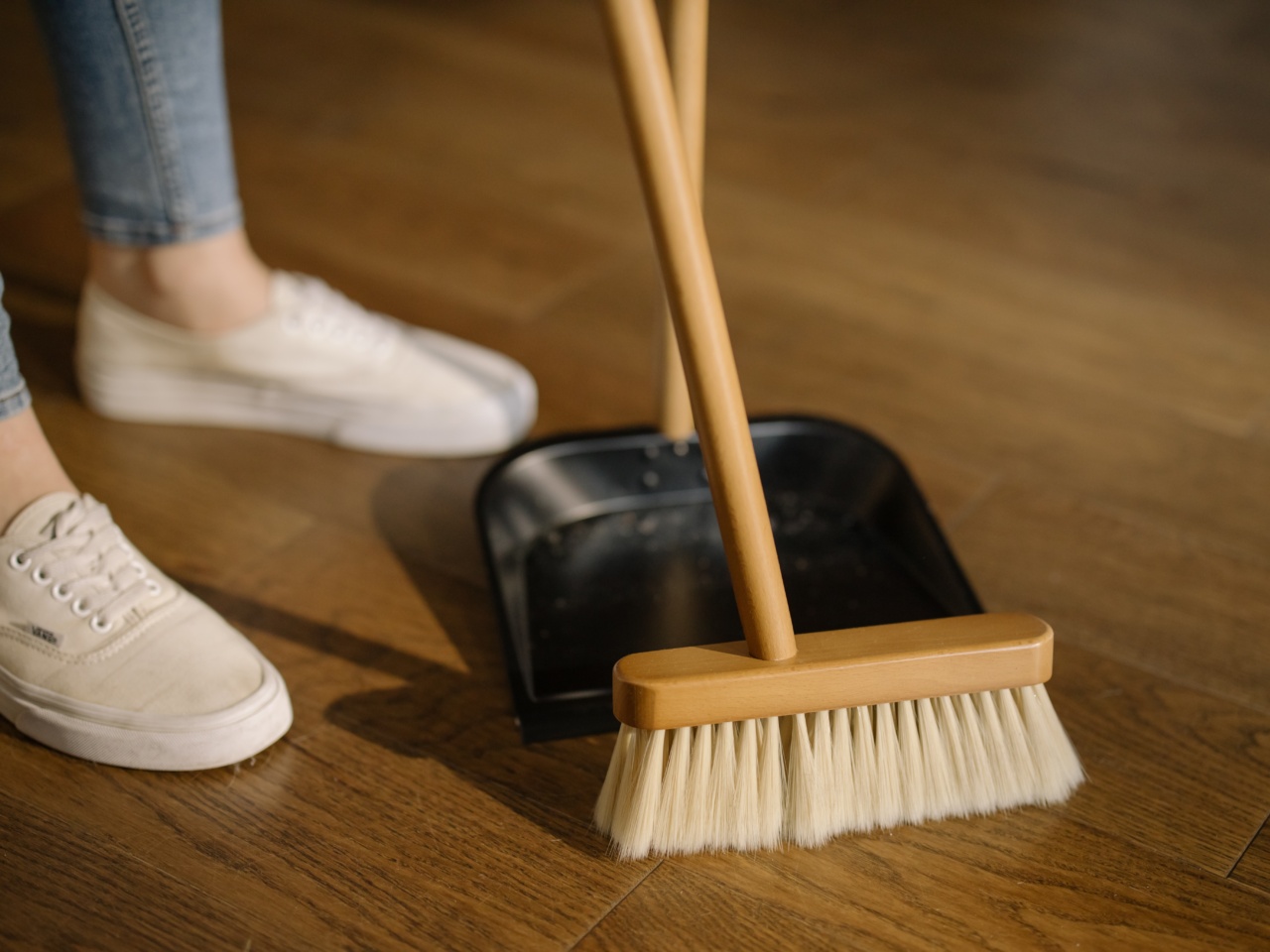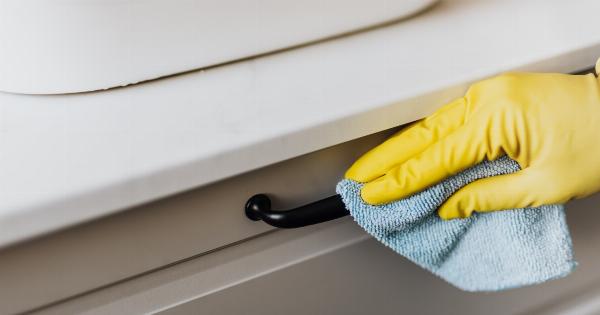Cleanliness is often said to be next to godliness, and many of us take this saying seriously. We keep our homes spotless, wash our hands regularly, and use disinfectants to kill germs and bacteria. However, there is such a thing as over-cleaning.
When taken to an extreme, cleanliness can actually become hazardous to our health and well-being.
What Is Over-Cleaning?
Over-cleaning is when we go beyond maintaining basic hygiene and cleanliness, and instead, engage in practices that are excessive or obsessive.
For example, someone who spends hours each day scrubbing the floor or sanitizing every surface in their home, to the point where their hands become raw and red from excessive washing, could be considered over-cleaning.
Over-cleaning can also manifest in how we treat our bodies.
For instance, taking multiple showers a day, using harsh soaps, and overusing hand sanitizers can strip our skin of its natural oils and weaken our immune system, making us more prone to infections and illnesses.
Why Do We Over-Clean?
There are many reasons why people may be prone to over-cleaning. One of the main reasons is a fear of germs and bacteria.
In a world where we are surrounded by news stories of deadly viruses and bacteria, it’s understandable that we may want to do all we can to protect ourselves and our loved ones.
Another reason is a desire for perfection. Some people find it difficult to accept that their living spaces or bodies might not always be 100% clean and tidy.
They may feel a sense of shame or embarrassment if their home is anything less than spotless, or if they feel they are not presenting themselves as pristine as possible.
Lastly, there are people who over-clean as a way to cope with anxiety or other mental health issues. The repetitive nature of cleaning can be soothing and calming for some individuals, providing a temporary relief from their symptoms.
The Hazards of Over-Cleaning
As counterintuitive as it might seem, over-cleaning can actually be dangerous for our health. Here are some of the hazards associated with excessive cleaning:.
1. Weakened Immune System
When we constantly clean and sanitize our environments, we may inadvertently be weakening our immune system. Our immune system needs exposure to bacteria and other pathogens to build up its defenses against them.
If we’re constantly killing off all germs in our homes and bodies, our immune system may become less effective at fighting off infections and illnesses.
2. Allergies and Asthma
Over-cleaning can also increase our risk of developing allergies and asthma. When we excessively clean our homes and bodies, we may be exposed to harsh chemicals and irritants that can trigger respiratory issues.
Additionally, if we’re not allowing any dust or dirt to accumulate in our homes, our immune system may become hypersensitive to these particles, leading to allergies.
3. Skin Irritation and Infections
When we overuse soap and other harsh cleansers on our skin, we may strip away the natural oils that protect our skin and keep it moisturized. This can lead to dryness, itching, and even rashes or infections.
Additionally, excessive washing and sanitizing of our hands can cause cracks in the skin, providing an entry point for germs and bacteria.
4. Chemical Exposure
Many cleaning products contain chemicals that can be harmful if ingested or inhaled. When we use these products excessively, we increase our exposure to these chemicals, which can have a negative impact on our health over time.
5. Mental Health Issues
While some people may find cleaning to be a soothing and calming activity, for others, it can become a source of great anxiety and stress.
The pressure to maintain a certain level of cleanliness can be overwhelming, leading to feelings of inadequacy and low self-esteem. Additionally, the repetitive nature of cleaning can become tedious and boring, leading to feelings of frustration and irritability.
How to Avoid Over-Cleaning
If you’re concerned that you may be over-cleaning, here are some tips to help you strike a healthy balance:.
1. Practice Basic Hygiene
Maintaining basic hygiene and cleanliness is important for our health and well-being. However, you don’t need to scrub every surface in your home or wash your hands every five minutes.
Follow basic guidelines for keeping your living space and body clean, such as washing your hands after using the restroom and before eating, and cleaning your home on a regular basis.
2. Use Gentle Products
When cleaning your home or body, use gentle, non-toxic products that won’t irritate your skin or lungs. Look for products that are free of harsh chemicals and fragrances, and opt for natural, eco-friendly options whenever possible.
3. Let Some Germs In
As mentioned earlier, exposure to germs and bacteria is important for building up our immune system. Try not to obsess over keeping every surface of your home perfectly germ-free.
Instead, focus on maintaining a generally clean and tidy environment, and allow some level of bacteria and dust to exist. It won’t harm you, and in fact, it might even be beneficial.
4. Seek Professional Help
If you find that your obsession with cleaning is interfering with your daily life or causing significant distress, consider seeking the help of a mental health professional.
They can help you address any underlying anxiety or mental health issues that may be contributing to your behavior, and provide you with coping strategies to manage your symptoms.
Conclusion
While cleanliness is important for our health and well-being, it’s possible to take it too far.
Over-cleaning can weaken our immune system, increase our risk of allergies and asthma, irritate our skin, expose us to harmful chemicals, and impact our mental health. By practicing basic hygiene, using gentle products, allowing some level of bacteria to exist in our environments, and seeking professional help if needed, we can strike a healthy balance and maintain a safe and comfortable living space.






























